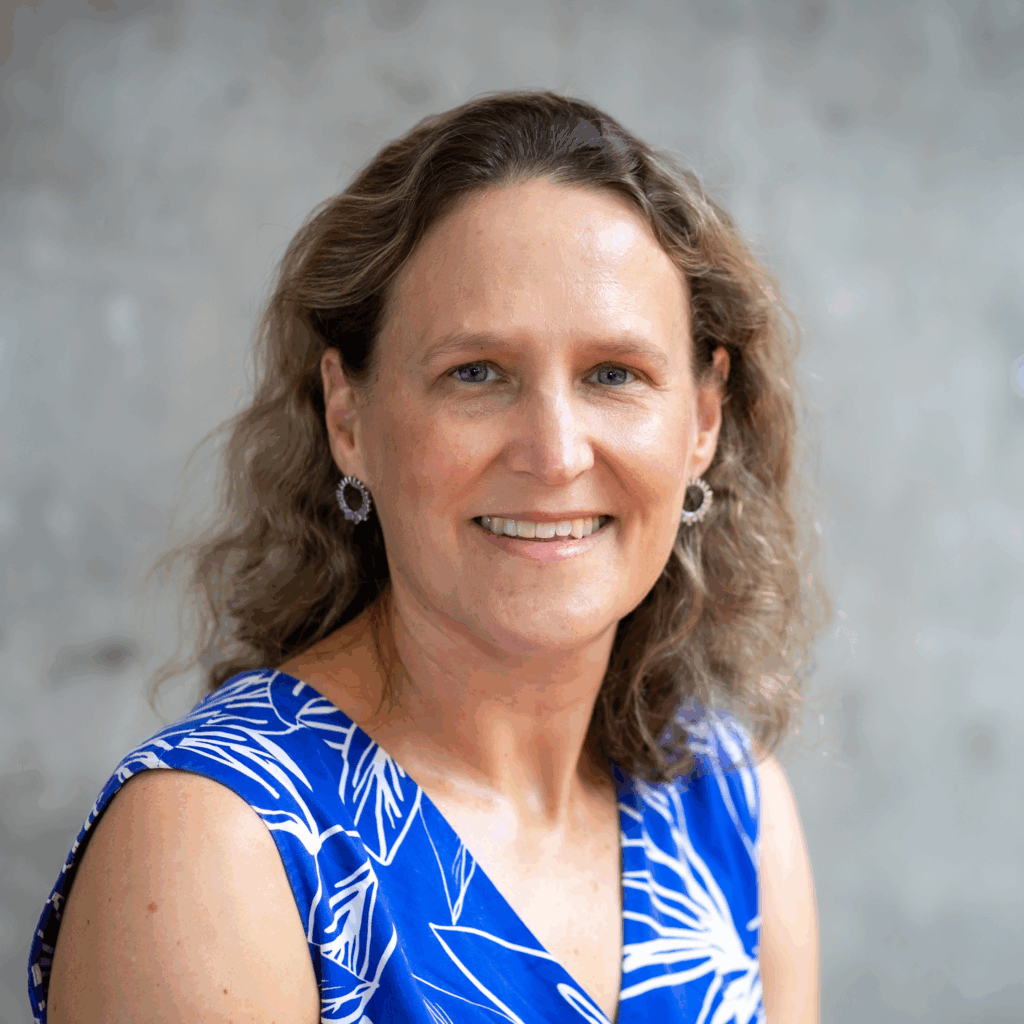Australia has the highest rates of melanoma and other skin cancers in the world, and they cost the health system more than any other cancer. This multidisciplinary research team works on melanoma and other skin cancer research across the cancer control continuum including, aetiology, prevention, early detection, diagnosis, treatment and survivorship, with a focus on translational outcomes relevant to health policy, clinical practice and improved patient outcomes. The team partners with the Melanoma Institute Australia and has strong collaborative links with other Australian and international researchers and clinicians. The team has expertise in epidemiological, intervention, mixed methods (quantitative and qualitative), and data linkage research methods.




